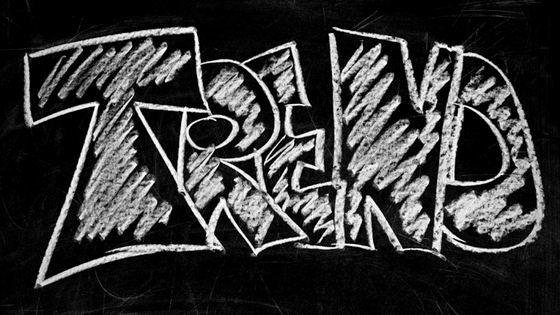As the world shifts to a new norm and businesses stretch to keep up, the ways in which we can communicate with audiences are evolving rapidly, too. Looking at forecasted trends and making interpretations is one of our favourite parts of our careers in communications. The ever-changing technology and ways in which we, as humans, interpret and transmit messages continues to offer a wealth of opportunity to further develop our skill set, be creative and think outside of the box. It is exciting and thought-provoking, and allows us to think boldly, away from the traditional channels, like media. So, here are four communication trends to consider when planning your brand strategy.

Influence from within
As influencer marketing grows, we are seeing audiences become more wary of their promotion in news feeds, and a call for more authentic advocacy for brands. Seeking reviews of products and services from people they trust, this originally fell into the hands of friends and family. However, as social media has evolved into a lifestyle tool this trust has been placed in the hands of individuals who are heavily followed on platforms, like Instagram. Today, with this shift in value, brands are looking to invest in more ‘named’ persons for ambassador-type roles to influence trust within their brands, or engage with micro-influencers, who have smaller followings but a higher engagement. With this micro-influencer strategy in mind, brands will also look to internal communications, growing advocacy from within by profiling team members, leveraging their social followings, humanizing the brand by putting faces and voices to it.
Augmented reality will become a certainty
AR technology is rapidly evolving, and we will see more brands adopt its use, creatively, into brand strategies across ecommerce, special offers, product education and more. For example, fashion brands can now put the clothes on consumers before they commit to the purchase, kitchen designs can be trialled virtually using imagery of your home, and IKEA offers consumers a preview of the product they are viewing placed in their space.
Voice search will be heard
Voice search engine has slowly but surely emerged, with terms like, ‘Hey Google’, ‘Alexa’ and ‘Siri’ rising in our daily vocabulary to find out answers to questions, get directions and instruct our home technology. With this in mind, it is important to grow brand awareness through voice technology and virtual assistants. Whilst Google search terms used in SEO would include shorthand, like ‘cost of pen’, when it comes to voice technology, terms need to be more nuanced. For example, “what is the cost of the pen?” As such, considering ways to include this wording in your content is important from a creative copywriting point of view. In addition, podcasts, audiobooks and interactive storytelling will be increased in brand content creation strategies to better engage audiences.
Brands will educate
Owned content is king, and working on a reverse communication strategy will allow brands to use their own team and spokespersons to educate audiences through creative content and storytelling. Whilst media coverage is traditionally seen as ‘success’ when it comes to raising a profile and educating audiences, brands will continue to educate consumers directly using their own platforms. Video, podcasts and blog posts created by team members and stakeholders shared across brand websites, social platforms and LinkedIn, and guest posts on stakeholder platforms will build influence from within and educate consumers and media alike.
Talent clusters
For centuries, agencies have housed talented professionals across sectors to service clients the said agency wins. However, the shift of Covid-19 has proven remote work is effective, achievable and productive when managed accordingly. So, where do agencies stand? Whilst the traditional agency structure will, of course, remain in play to service those brands that require and demand attention, the rise of talent clusters that reflect project needs will emerge, with brands allocating project managers to source talent, brief, oversee and implement campaigns on an ad-hoc basis.



















